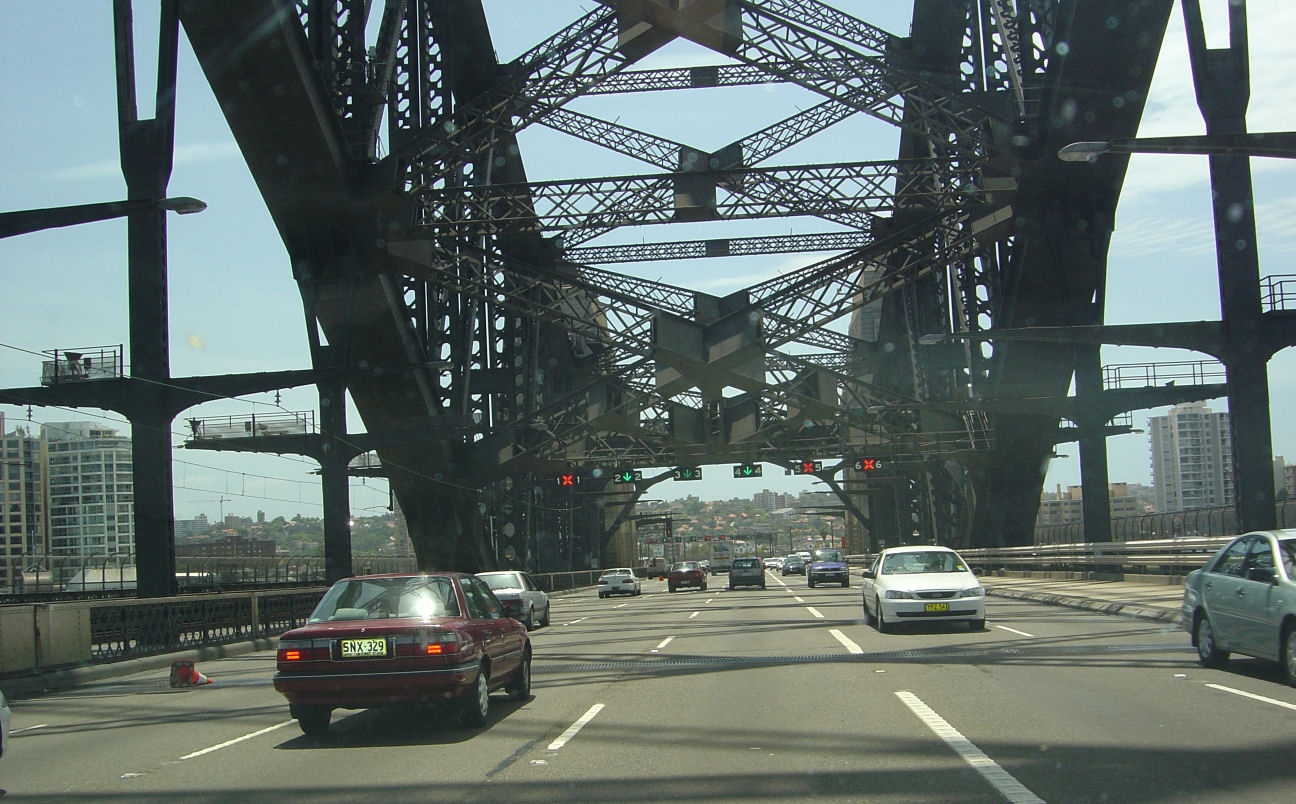
BY SHON HO
As a way of combatting the often tedious task of getting approval to garden on unused public land, sustainability coach Michael Mobbs designed the ecoPOP, a free standing pop up garden that can be placed in urban areas without much ongoing maintenance.
Starting a community garden seems easy, but fulfilling bureaucratic planning requirements can often prove difficult. It can also be painfully slow, like watching grass grow.
The ecoPOP is compact and self-sustained. It stores and reuses rainfall water, creates fertilizer and nutrients from an incorporated compost bin and generates electricity through solar energy to power a pump that automatically irrigates the garden beds twice a day. Mobbs, who has been involved in the development of over ten community gardens, said that the typical timeframe of somebody proposing a project to the time of it being built, is usually around two to four years.
“It’s not a complicated issue but council processes make it complicated. For example, the Coogee Community Garden took three years to be built and was very strongly opposed to by all the staff. Many people who had joined the community garden had left at the end of the three years because they got fed up. They said we came here to garden, not to go to council meetings.”
“They had a promise of a government grant, but the grant from the state government was taken away because the council took too long,” he said. “It’s almost as though every community garden is the first of its kind, every time you propose a new one it’s like reinventing the wheel.”
The self-sustained features and small size of the ecoPOP allow it to be installed anywhere, from carparks to median strips, as it does not need access to a fixed power or water source. The free-standing pop up vegetable garden which can be built onsite in one or two hours, provides a proactive way of getting around the inerita and energy sapping delays caused by council processes.
Mobbs said that policies which change from council to council and an uncapped time limit for councils to deliver their decisions on authorising community gardens, leads to inaction and a prolonged wait to get the green light on projects.
“For some reason which alludes me, the council seems to always be revising the community garden council policy. They seem to spend most of their time making red tape and remaking it. I think they’ve made their second or third variation of the policy, I’ve stopped reading it because I have to live my life. I’m 65, and imagine if I was to unnecessarily read another council policy and die tomorrow. I’ll be sad about that.”
Mobbs has also designed street gardens which harvest and direct rainfall water from drainage pipes and roof tops into the soil of street verges; utilising an otherwise wasted resource to irrigate trees and plants and increase the height and health of tree canopies.
“My real passion is about cooling our cities, if we can grow plants and trees in our streets we can cool them by six to ten degrees. Here councils have goals of cooling cities and putting in trees. The federal government has come out with a goal to increase tree canopy but when I’m dealing with councils on the ground there’s just no match between what the public want and what the bureaucrats want to do, it’s like two different planets and two different time zones.” he said.
Sydney City Farm at Sydney Park which has been in the works for over seven years, demonstrates just how long an urban gardening project can take to complete.
The non-profit Sydney City Farm Community Group, now known as City Farm Lovers, approached the City of Sydney in 2009 with a suggestion to build a city farm in Sydney.
“There’s been virtually unanimous support for the farm, especially from the environment committee of council, the mayor, the general manager and parks and gardens people. Everybody’s right behind it.” said Carolin Wenzel, a spokesperson for City Farm Lovers.
“The only challenge has been that it seems every single step to create a city farm now, in the 21st century in a city like Sydney, takes an awful long time and so people kind of lose momentum and think it’s never going to happen.”
After a feasibility study that took nine months, and the drafting of the business plan that took more than three years, the master plan for the city farm was passed in May last year. However a date has not been set for when the farm will be built.
“These things just apparently take so long. There’s a certain order you have to do things in, if you haven’t ticked off that box then you can’t move onto the next one,” she said.
Ms Wenzel said that the City of Sydney has fully approved plans for the development of the city farm, established a design for the farm and has employed two full time staff to get the farm up and going. She is certain that the development of the farm will go ahead and said that there is a lot of community support for the project but is unsure of what exact stage the plan is at right now and what else needs to be done before planting can start. She said that other city farms in Melbourne, Brisbane and Perth were developed in the 70s when there were less guidelines to meet.
“It kind of progressed organically, whereas now, land is at such a premium especially in Sydney and there’s an awful lot of these rules and regulations and planning development approvals to get through.”
Two volunteer activation days were held last weekend at Sydney Park where the public were invited to help raise garden beds, propagate plants and nourish soil.
A City spokesperson said simplified community garden guidelines will be going before council next week.









